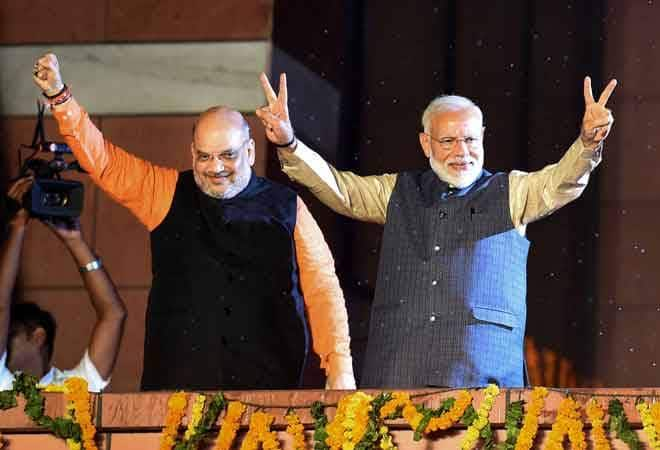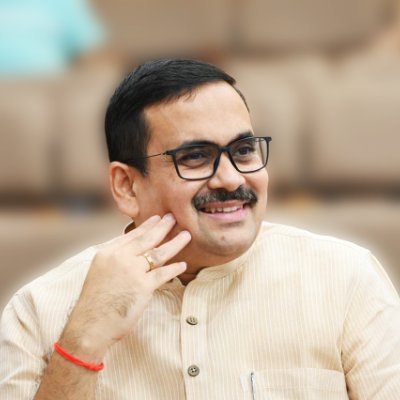Narendra Modi’s epic victory in the 2019 general elections is an assurance that the march for India’s civilisational self-recovery shall not only continue unabated but shall gain greater momentum and a firmer direction.
That a civilisational state like India has to have in her policies and direction an influence of her civilisational wisdom, that she must work to restate that wisdom, to perpetuate it in the present and also to evolve policies and approaches that would be inspired by that wisdom and be tuned to the exigencies of the present is a realisation and sense that Modi has. He has, in the last five years, consistently demonstrated it. His own actions have often symbolised that deep awareness of his.
Modi’s opponents have consistently failed to understand or internalise this aspect—an aspect that is fundamental to governance and politics in India. Their reading of India is tinctured with the colours of vote-banks, of appeasement and of a false secularism. It is this that is progressively decimating their political form and future.
The verdict of the 2019 elections has also placed a formidable roadblock before the forces of disintegration and of subterfuge—the ‘Tukde Tukde Gang’ as it were. Narendra Modi’s return to the helm with an even greater mandate is a signal of the people’s approbation and support for his robust vision of India as a great and unassailable power, as of yore, when she navigated the great seas, protected herself and had first embodied the concept and vision of a civilisational state.
This was a vision which most of our great thinkers and liberators possessed—of an India conscious of her civilisational-cultural core and positioned as a great and recognised power on the global arena. In his historic address in the iconic Central Hall of Parliament on the day he was elected leader of the BJP and the NDA, Modi observed that India’s progress, India’s rise as a responsible and prosperous power was a necessity for global well-being.
It was this statesman vision, looking beyond the decades, which has endeared him to the masses. They too, apart from their quotidian quest for livelihood, have begun sensing and believing that India is poised to take the next great leap in the world. They sense it, they feel it imminent and they yearn for it. They see Modi—one risen from their ranks—working towards making it possible.
There is another outstanding symbolism of Narendra Modi’s epochal victory in the 2019 general elections. It is that false narratives and ‘established negativities’ can be decisively defeated and decimated. It is the people of India, the ordinary voter, the aspirational section, those who wish to see India grow, who form the bedrock and foundation of our polity, and who also possess the capacity and discernment to identify, examine and then reject the false narratives.
What is a false narrative? It is one which props itself up on a cycle of abuse, deceit, false information and contorted argument meant to deflect the narrative from its essential path. Modi’s opponents resorted to it and failed to realise the truth of his observation that the general elections of 2019 is being fought by the people—Janata Janardan—and not by the BJP, not by Modi.
Modi’s realisation, through the election campaign, was that of undertaking a pilgrimage. In the vast multitude with whom he conversed and addressed, he saw the reflection of divinity. While his detractors and political opponents called him names, Modi experienced an oneness and unity which comes from selfless service—seva. This vision and perception was the real narrative, it triumphed. His sense of this real narrative gave him a prescience of victory. He narrated the intensity of this experience later to the newly elected MPs.
The people of India are now participants in this civilisational recovery, Modi knows and leads it.
(The views expressed are the author's own and do not necessarily reflect the position of the organisation)


